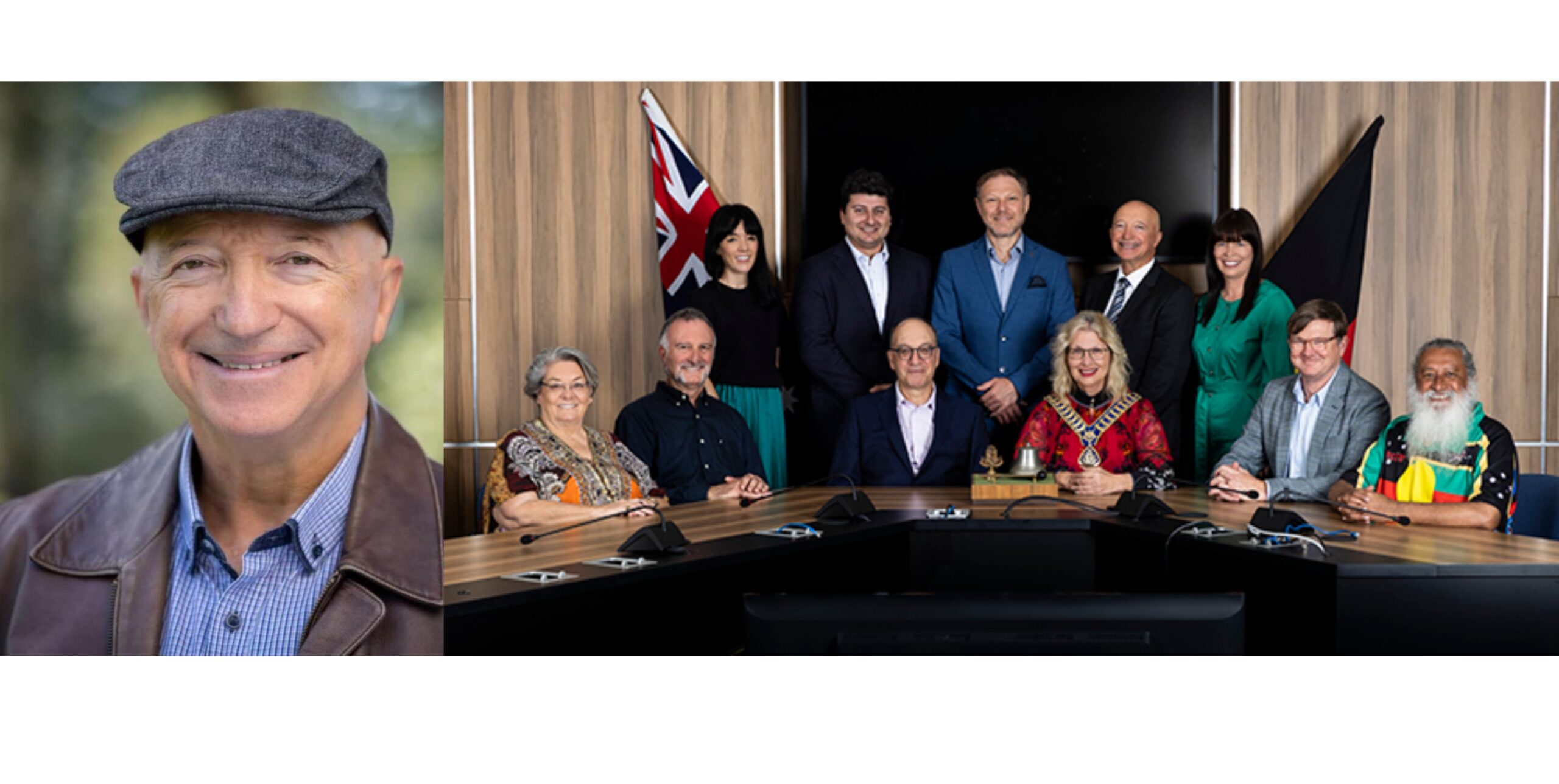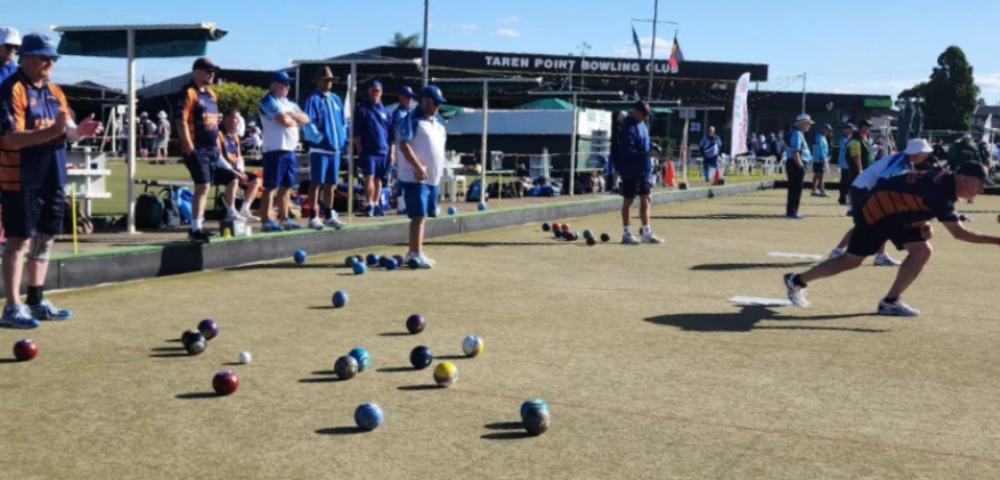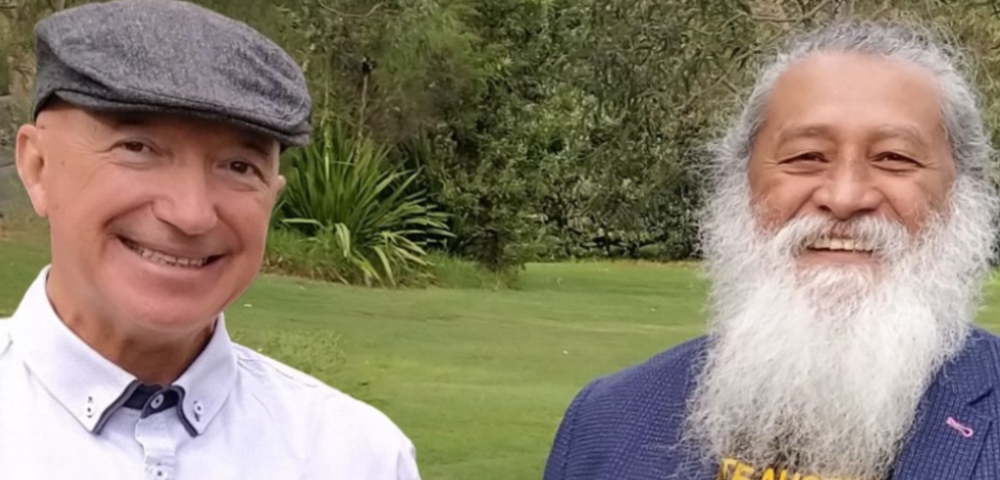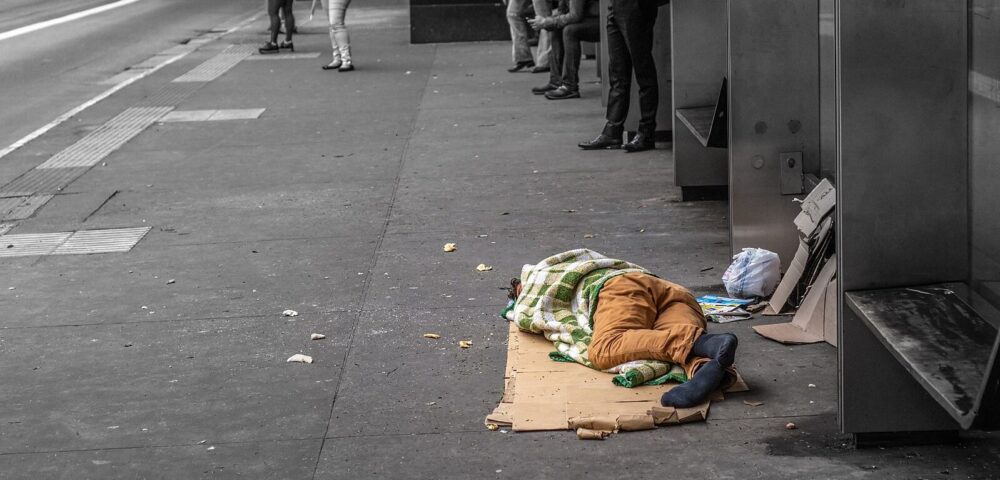
Should be known, but never taught

OPINION BY DAISY MOLESWORTH
As a straight 19-year-old woman who went to a co-ed religious boarding school, our sex education was definitely subpar.
Our physical education teacher, a sixty-year-old man, made it very clear sex is solely for marriage and having children. He made us sit at separate tables and watch a video from the 90s of a woman telling us to wait till marriage to have sex. If we didn’t wait until marriage, we were told we are ‘sinners’ and if the girl was to get pregnant we must keep the child. He also said once you have a sexually transmitted infection (STI), there is nothing you can do about it. We were never taught about even the most basic things like periods, fertility/infertility, erectile dysfunctions, the effects STIs can have on our body, including pleasure and bodily autonomy.
Young people aren’t naïve and most of us have google available if we want to know about any of these things. However, we shouldn’t have to do this. Our teachers and parents, whether religious or not, should teach us the facts, and not just about heterosexual sex but also other diverse sexual preferences. The town my school was in, had a population of about 600 people and the chance that someone would be out and open about their sexuality is quite low, due to the lack of knowledge or support available (though not in all cases thanks to some accepting families and friends). Basic sexual health information should be taught to all of us, so we are not in the dark, especially when it comes to HIV and other STIs, like herpes, gonorrhoea, and chlamydia.
When a class mate of mine asked about what sex is like for people of different sexualities and what STIs they can get, our teacher responded with “that’s not related to what we are learning about” and “we can’t teach you about sex.” We were not asking for technique here. We were asking for information about protection, about risk and options. We were asking what can be used to keep ourselves safe, and what options we have if an unwanted pregnancy happens. We also wanted to know what happens if we get an STI, or what options people have if they can’t have children but want to. Saying “wait till marriage” isn’t a proper answer for young people. Sex happens within marriage and all these things, unwanted pregnancy, STIs, and infertility can still be part of it. We need to be taught accurate facts by our teachers instead of having to look them up on the internet and perhaps reading false information. This lack of knowledge is in equal parts both our parents’ and teachers’ faults.
I remember one of my classmates had so little knowledge about periods, he came up to me at school once and said, “you’re just complaining about it, just hold it in.” It’s idiotic that these kids and teens aren’t being taught about, not just other people’s bodies but also their own. No matter what gender or sexual preference, everyone should be taught about basic sexual health. This would be also really supportive for the kids who aren’t out yet, so they can learn about themselves.
An argument I had with my teacher around getting sexual health information, was that they can’t tell us too much because they want to protect us. These thought processes aren’t just stubborn, but also naïve. They tell us less or hide the truth when all they talk about is pregnancy. Reality is, we’re also at risk of STIs including HIV, gay or straight, but when no one talk about this, teenagers are only worried about pregnancy. We also aren’t aware of any other risks to our health. STIs such as HIV, chlamydia and herpes can be passed from person to person without anyone knowing.
I think it’s time we take things into our own hands and start talking to each other about the information we need. We can talk to our doctors privately to get the information we need, we can ask our friends who to find information from, and we need to talk to our friends about getting tested and looking after our own sexual health.
Positive Life NSW promotes a positive image of people living with and affected by HIV with the aim of eliminating prejudice, isolation, stigma and discrimination.









